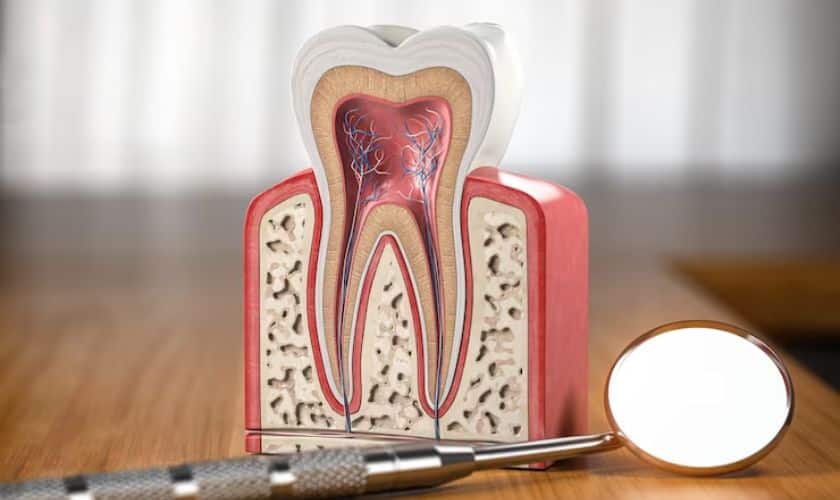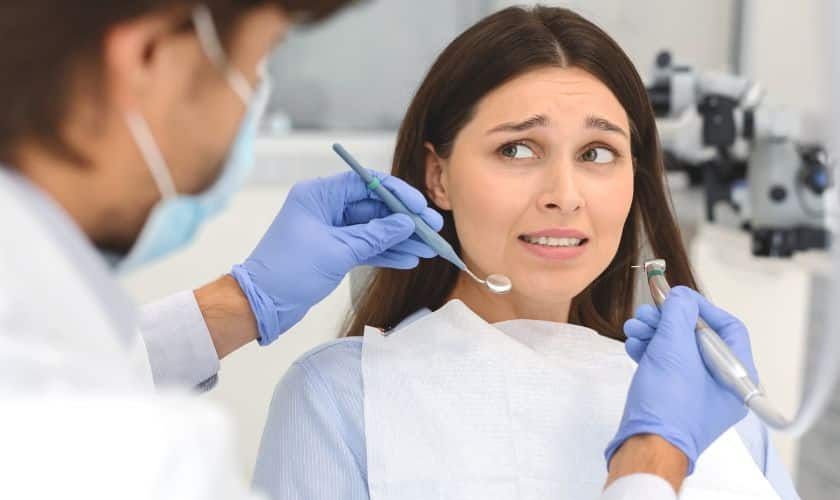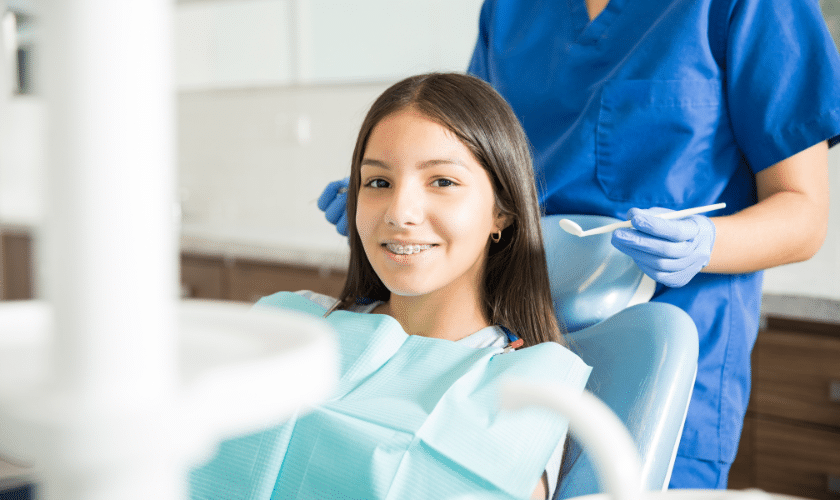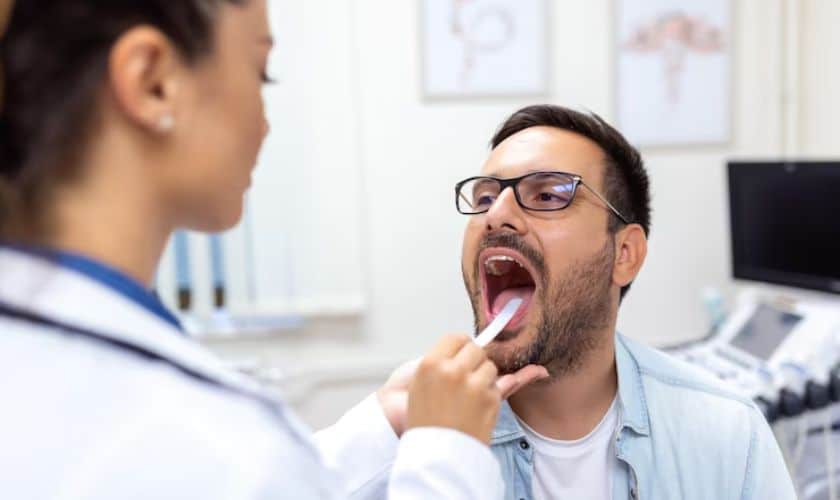702-862-4088

Root canal therapy is a dental procedure that removes infected pulp from a tooth. While it’s a common and effective solution to save a tooth, it’s natural to experience some discomfort afterward. However, there are steps you can take to promote a speedy and comfortable recovery. This blog will guide you through everything you need to do to feel your best after root canal therapy.
How to Minimize Discomfort After Root Canal Therapy?
Following your dentist’s specific instructions is crucial for a smooth recovery. Here are some general tips to keep in mind:
1. Managing Pain and Swelling
- Pain Medication: Your dentist will likely prescribe pain medication to manage any discomfort after the procedure. Take the medication exactly as prescribed, and don’t hesitate to contact your dentist if the pain worsens or isn’t relieved by the medication.
- Over-the-counter pain relievers: Over-the-counter pain relievers like ibuprofen or acetaminophen can also help manage mild to moderate pain.
2. Reducing Inflammation
- Cold Compress: Swelling is a common side effect after root canal therapy. Applying a cold compress to your cheek near the treated tooth for 15-20 minutes at a time, with breaks in between, can help reduce swelling. Wrap the compress in a towel to prevent any skin irritation.
- Elevation: Sleeping with your head elevated on extra pillows can also help minimize swelling.
3. Dietary Adjustments
- Avoid Chewing Immediately: Your tooth and surrounding area might be numb after the procedure. Wait until the numbness wears off completely before eating to avoid accidentally injuring yourself.
- Soft Foods: Stick to soft foods like yogurt, applesauce, mashed potatoes, and soups for the first few days after your root canal therapy. This will minimize chewing pressure on the treated tooth and allow for proper healing.
- Avoid Certain Foods: Avoid hard, crunchy, or sticky foods that can irritate the treated tooth or cause it to break. This includes nuts, chips, popcorn, and chewy candy.
- Stay Hydrated: Drinking plenty of fluids is important for healing and preventing dehydration, which can worsen discomfort.
4. Oral Hygiene Practices
- Gentle Brushing: Continue to brush your teeth twice a day, but be gentle around the treated tooth. Use a soft-bristled toothbrush and avoid using harsh toothpaste.
- Flossing: Flossing is important to remove plaque and bacteria, but be cautious around the treated tooth. You can use a water flosser for a gentler cleaning option.
- Saltwater Rinse: Rinsing with warm salt water (half a teaspoon of salt dissolved in a glass of warm water) several times a day can help reduce inflammation and promote healing.
Points to Promote Overall Root Canal Recovery
- Rest: Getting enough rest allows your body to focus on healing. Take it easy and avoid strenuous activities for the first few days after your root canal therapy.
- Avoid Smoking and Alcohol: Smoking and alcohol consumption can hinder healing and irritate the treated tooth. It’s best to avoid them altogether during your recovery period.
- Follow-up Appointment: Keep your scheduled follow-up appointment with your dentist. This allows them to monitor your healing progress and ensure the treated tooth is functioning properly.
Potential Signs of Root Canal Complications
While some discomfort is expected after root canal therapy, be aware of potential signs that may indicate complications:
- Severe and persistent pain that doesn’t improve with medication
- Increased swelling that worsens or doesn’t subside after a few days
- Fever or chills
- Difficulty breathing or swallowing
- Drainage or pus coming from the treated tooth
Following these tips and your dentist’s specific instructions will help you recover from root canal therapy quickly and comfortably. Remember, good oral hygiene practices are essential for long-term success after root canal therapy. Brush twice a day, floss daily, and maintain regular dental checkups to keep your mouth healthy and prevent future problems.




